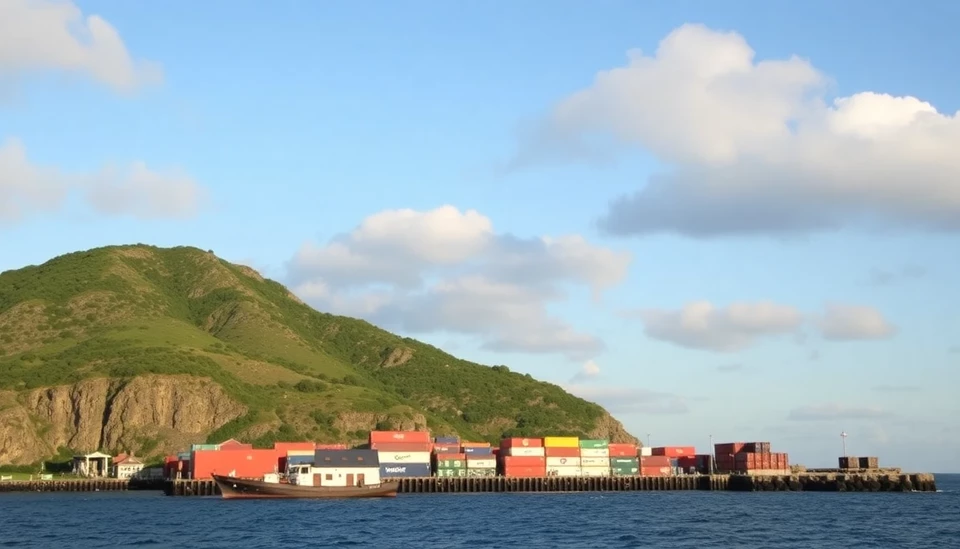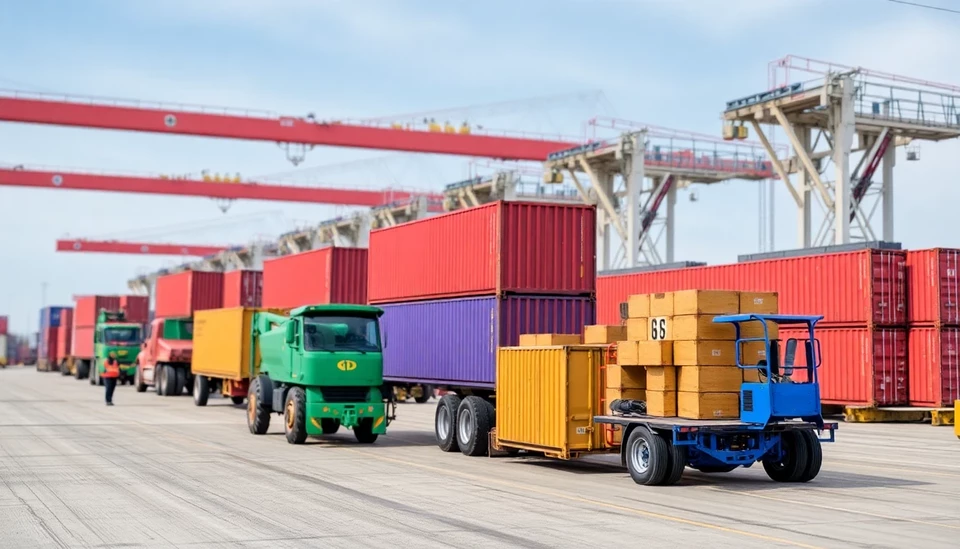
In a remarkable twist of fate attributed to a quirky historical anomaly, a small island in the United States has found itself exempt from certain tariffs imposed due to the current geopolitical climate. This development has raised eyebrows and sparked discussions among economists and policymakers alike, highlighting the intricate relationship between history and modern-day economics.
The island, which has a long-standing connection to the U.S. and operates under unique economic conditions, was initially subjected to the same tariffs that have been applied broadly across the nation. However, a closer inspection of its historical agreements and treaties revealed an exemption clause that was not only surprising but also serves as a testament to the island's unique status within the U.S. economic framework.
At the heart of this exemption are treaties dating back centuries, which carved out particular economic privileges for the island's residents and businesses. These agreements, sometimes referred to as "historical quirks," provide specific protections and exemptions from policies that would traditionally apply to other regions. As trade tensions continue to escalate globally, this exemption has emerged as a significant point of interest.
Residents and local businesses on the island have welcomed the news, seeing it as an opportunity for economic growth and sustainability amidst a challenging market environment. The exemption could result in lower prices for imported goods and stimulate local industries that would otherwise struggle under the weight of the tariffs. In statements to the press, local officials emphasized the importance of maintaining the island's historical status while simultaneously leveraging this advantage for the benefit of local communities.
Critics of the exemption, however, argue that such a historical loophole could lead to economic disparities between the island and the mainland. They suggest that while the island may enjoy a temporary competitive edge, long-term reliance on such unique exemptions may not be sustainable. Calls for reform have emerged, advocating for a more level playing field that considers contemporary economic realities over historical precedents.
As the debate continues, national attention has shifted toward the island, with economists eager to analyze its impact on broader trade patterns and economic policies. Observers are questioning whether other regions with similar historical circumstances might also seek exemptions or special considerations as they navigate the turbulent waters of international trade.
This recent development presents not only an intriguing case for trade discussions but also serves as a reminder of the complex legacy that history continues to wield over economic policies. The future of the island's unique status remains uncertain, and many will be watching closely to see how this historical anomaly could influence economic strategies in the U.S. and beyond.
As the situation evolves, stakeholders from various sectors will be considering the implications of this exemption—not just for the island but for the entirety of U.S. trade policy moving forward.
#tariffs #USIsland #historicalexemption #tradepolicy #economics
Author: Daniel Foster




